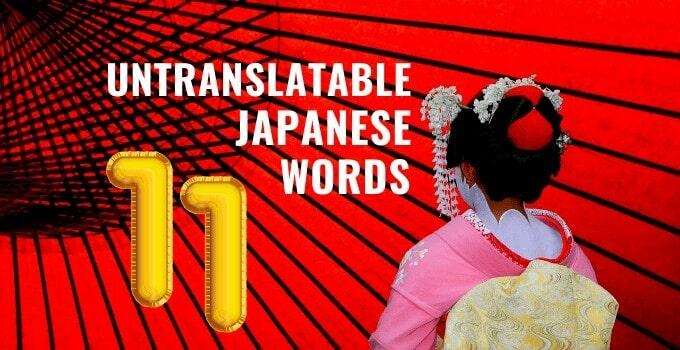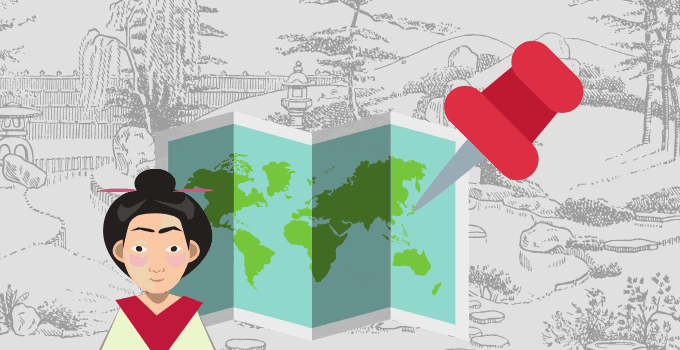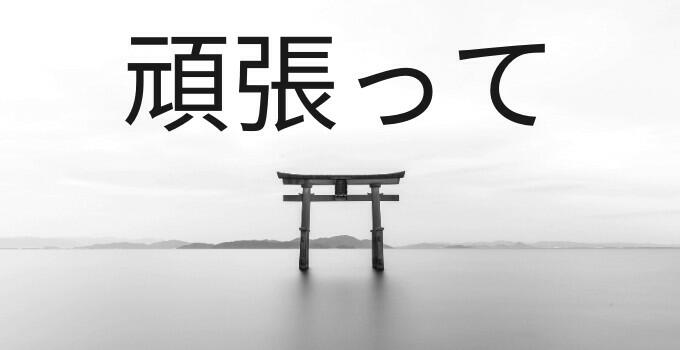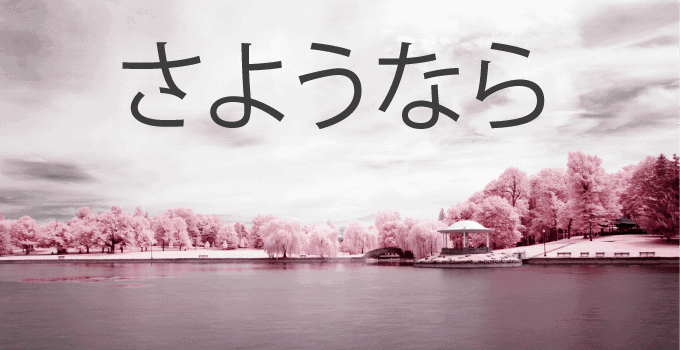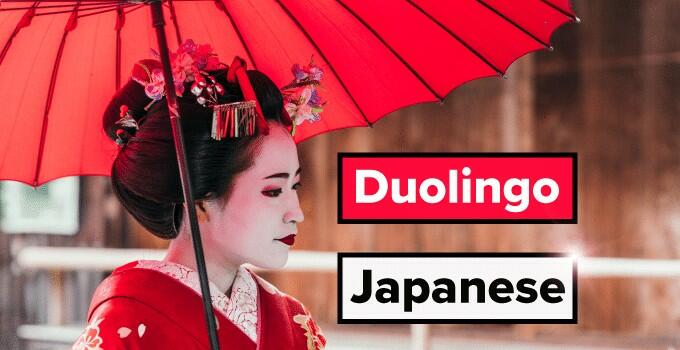Speaking proper Japanese in a business setting opens a whole can of worms on the language learning experience. It’s not enough to know the right words—you have to know when to use them, how to conjugate them, how to understand the ever-present sub-text, and, finally, how to use your body appropriately. That’s right, learning business …
Japanese
Japanese words may be hard to translate thanks in large part to the uniqueness of the Japanese culture. There are several reasons Japan has a one-of-a-kind culture. For starters, the Japanese have lived on an island for millennia, where they have been isolated from the outside world for a very large part of their history. …
Feeling a little like channeling your inner child? Japanese name enders —ちゃん(“chan”) and —くん (“kun”) are two great additions to anyone’s Japanese vocabulary bank. These two words are a type of suffix you can add to someone’s name to communicate a range of information. Today, we’ll give you a rundown on these two words, and …
Japanese onomatopoeia is a fascinating and incredibly varied part of the language. In fact, it’s so varied that there’s at least five different types of onomatopoeia, some which we don’t even really have an equivalent for in English! In this article, I’m going to give you an overview of what Japanese onomatopoeia is, as well …
Maybe you’ve watched a few too many episodes of One Piece, Naruto or the more recently trendy My Hero Academia; or maybe you’ve finally discovered the ugly truth that subtitles and dubs often omit information in order to sound more natural, and now you’re curious to know what your favorite character is really saying. Regardless …
How do you say “Good Luck” in Japanese? Well, you can, but you don’t. If that doesn’t make sense, stick around as I explain in depth all the details behind this difficult to translate phrase. Difficult? Really? For any English speaker, this probably seems as improbable as it does absurd. It’s such a common, almost …
It might surprise you, but saying goodbye to someone in Japanese follows along much the same rules of etiquette that it would in any other language. Some phrases are more appropriate than others, depending on the situation. While your textbook might suggest さようなら (sayonara) as the catchall farewell, it goes a bit deeper than that. …


